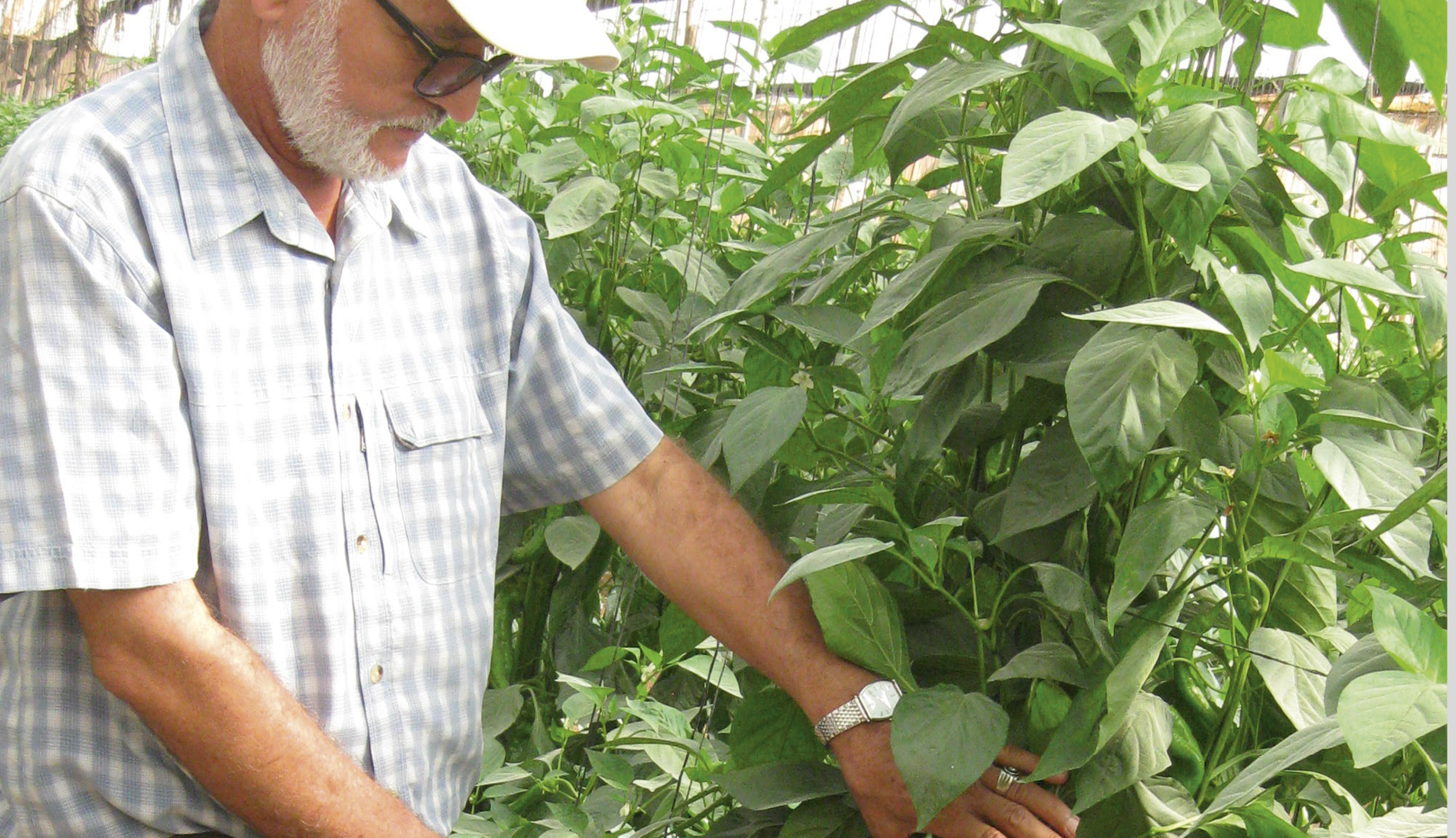Morocco: Primeurs Biologiques du Souss (PBS)

ORIGIN Region Souss-Massa, Morocco | START 1997 | FARMS 3 | ACREAGE 75 ha | CERTIFICATIONS BSCI, EU Bio, GlobalG.A.P. | PRODUCTS Garden cucumbers, red and yellow peppers, runner beans, courgettes | SPECIAL FACILITIES own packing house, own young plant nursery
Good partnership in Morocco
When it is winter in Europe, it is peak season for the organic vegetables grown by organic producer PBS (Primeurs Biologiques du Souss).
PBS is an association of three organic farms, all managed by their owner, Lahcen El Hjouji, and his agricultural engineers, using contemporary technology and modern expertise. And the next generation is already starting out, now that El Hjouji's son also recently became a manager in the company.
The farms grow exclusively organic vegetables, primarily in greenhouses. Field crops are, however, also grown in alternating cultivation. The plants grow in the type of sandy soil that is typical for the region. The drip irrigation system uses water obtained from wells specially dug at the farms as well as from a canal leading from the Atlas Mountains.
Our French operations manager, Odile Bouron, is responsible for handling production activities between PBS and BioTropic. And BioTropic agricultural engineer Mauro Finotti is responsible for quality control.
One of the things that Finotti does is to take samples of fruits and leaves and send them to an independent laboratory for analysis. Both employees visit the company several times a year. BioTropic has been working with PBS since 2008.
Lahcen El Hjouji is one of Morocco's organic pioneers. He began organic farming as long ago as in 1997. The highly modern packing facility was built in 2006. A special activity at PBS is its cultivation of nursery plants. Most of the vegetable crops at PBS are self-grown and not bought-in. 'Then you can be sure of what you have,' as the saying goes. It isn't just biological directives that are important to El Hjouji but also the maintenance of social standards for his employees.
In the peak season, from October to May, there are around 200 people working on the PBS farms and in the packing house, most of them coming from the surrounding region. The farms provide sleeping and recreation quarters, complete with modern sanitary facilities. In addition, PBS is BSCI-certified. Among the things laid down in this codex is the prohibition of child labour, the availability of an operating occupational safety system and that labourers receive appropriate remuneration for their work.














